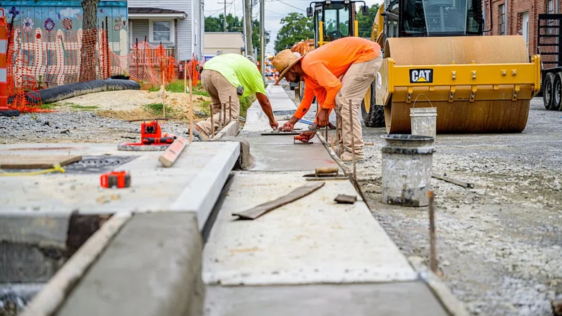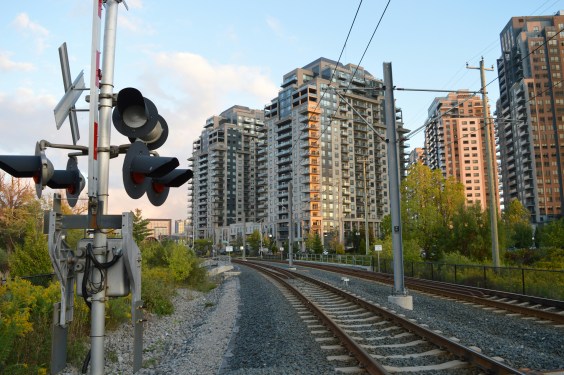With the U.S. unemployment rate hitting 10.2 percent today, its highest level in 26 years, a palpable shift is occurring on Capitol Hill.
 House transportation chairman Jim Oberstar (D-MN) (Photo: STLToday)
House transportation chairman Jim Oberstar (D-MN) (Photo: STLToday)For weeks, we've heard senior Democrats and the transit industry
make the case for more transportation spending as a potent job creator,
but the lack of funding for a full six-year bill has kept the
conversation stalled.
But two things have happened in the week since Senate Majority Whip Dick Durbin (D-IL) floated the idea of a "front-loaded" infrastructure plan that would concentrate investment in the first two years:
- The defeat of two Democratic candidates in Tuesday's off-year elections reinforced that job creation and economic worries are the No. 1 concerns for voters.
- Gross domestic product may be rebounding, but unemployment decidedly is not.
This
adds up to renewed interest in fast-tracking a new transportation bill,
perhaps with a two-year window. As House transport committee chairman
Jim Oberstar (D-MN) told David Rogers of Politico, "The concrete is cracking."
But even if the White House is prepared to abandon its insistence
on an 18-month extension of current law, how to pay for new
transportation legislation remains a very open question. House Majority
Whip James Clyburn (D-SC), for his part, told Rogers that he likes the
sound of Rep. Pete DeFazio's (D-OR) proposed tax on Wall Street oil speculators:
Thereare some painless ways to fund the highway bill. Transaction taxes,that’s a painless way ... Where are the shared contributions to allthis? If you’re sittingthere on Wall Street, if you’re Goldman Sachs, if you’re making allthis money, if you got all this federal money [in a] bailout, and youare paying all these big bonuses to your folks, where is yourcontribution to this recovery? That’s why it’s painless.
Clyburn's reference to the "highway" bill brings up another lingering
mystery about the type of transportation spending being envisioned by
senior Democrats. If the White House does agree to support a new
infrastructure bill after health care is finished, will it include
policy changes or just new money?
Because, as Clyburn inadvertently acknowledges, simply adding more money to the framework of the 2005 infrastructure law
would help highways but do little to move the nation towards a more
rational mix of transit and roads. Oberstar's pending six-year bill, by
contrast, would institute an array of reforms, cutting 75 funding categories from the current system and allowing more "flex-ing" of road money for use on transit.
If
a front-loaded bill is passed with some of the policy changes offered
by Oberstar, job creation and a more accountable national
transportation system could start moving hand-in-hand. If a
front-loaded bill is passed but scrubbed of any substantive reform,
jobs may be created but voters will still be sitting in traffic.




